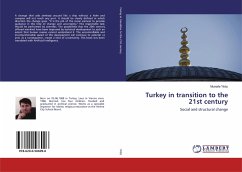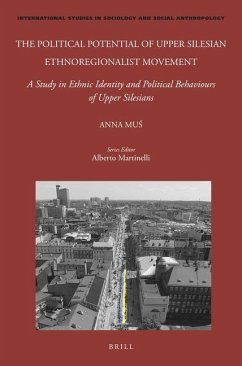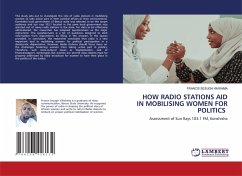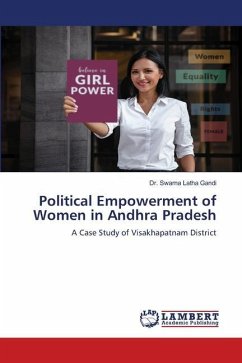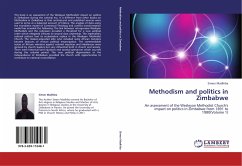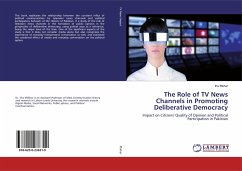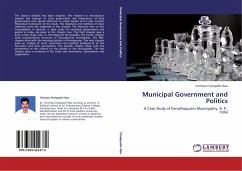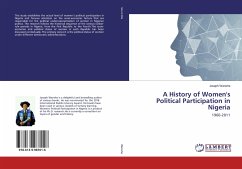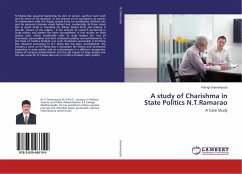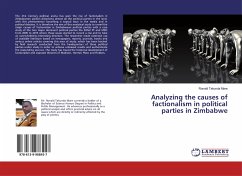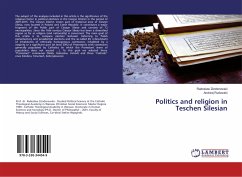
Politics and religion in Teschen Silesian
Versandkostenfrei!
Versandfertig in 6-10 Tagen
24,99 €
inkl. MwSt.

PAYBACK Punkte
12 °P sammeln!
The subject of the analyses included in this article is the significance of the religious factor in political elections in the Cieszyn District in the period of 2001-2015. The Cieszyn District covers part of historical area of Cieszyn Silesia, now located in Poland and Czech Republic. It constitutes a major fragment of the Polish part of Cieszyn Silesia and consists of 12 municipalities. Since the 16th century Cieszyn Silesia has been a diversified region as far as religion (and nationality) is concerned. The main goal of this article is to compare election behavior (referring to Polish parlia...
The subject of the analyses included in this article is the significance of the religious factor in political elections in the Cieszyn District in the period of 2001-2015. The Cieszyn District covers part of historical area of Cieszyn Silesia, now located in Poland and Czech Republic. It constitutes a major fragment of the Polish part of Cieszyn Silesia and consists of 12 municipalities. Since the 16th century Cieszyn Silesia has been a diversified region as far as religion (and nationality) is concerned. The main goal of this article is to compare election behavior (referring to Polish parliamentary and presidential elections and the so-called EU referendum) of inhabitants of ethnically homogenous communes, inhabited by a majority or a significant part (at least 30%) of Protestants with communes generally populated by Catholics (in which the Protestant share of population does not exceed ...). To this goal we selected three "Protestant" communes (Wisla, Goleszów, Ustron) and three "Catholic" ones (Istebna, Strumien, Zebrzydowice).



